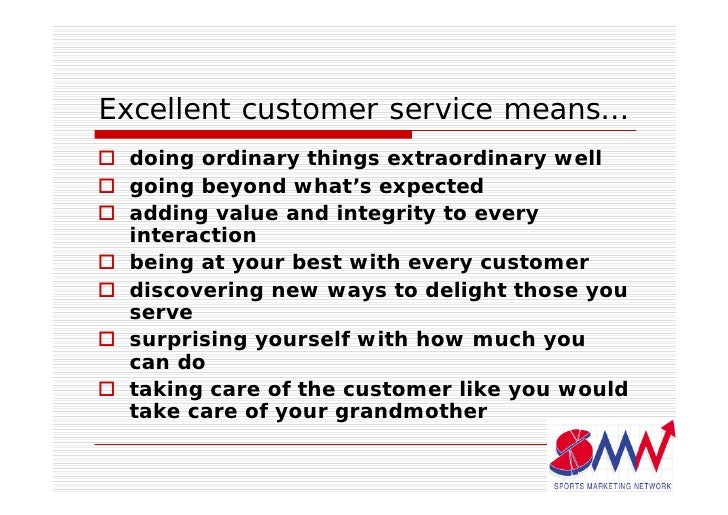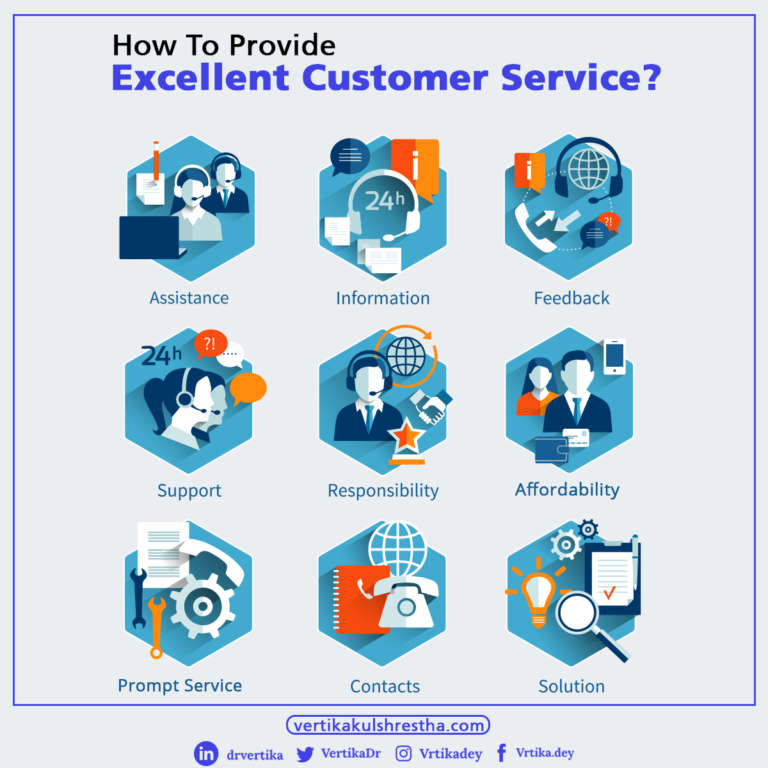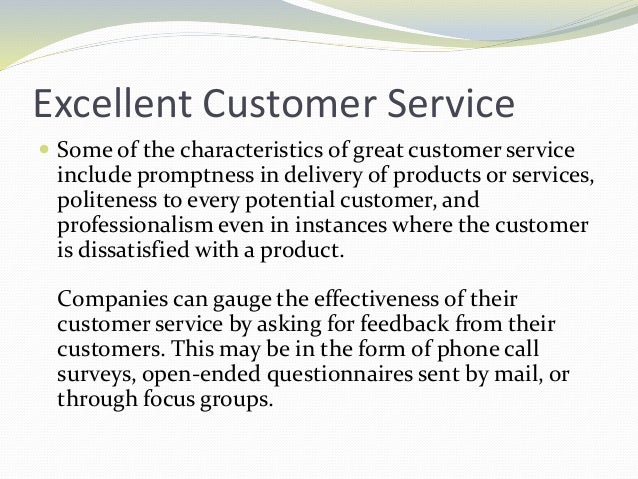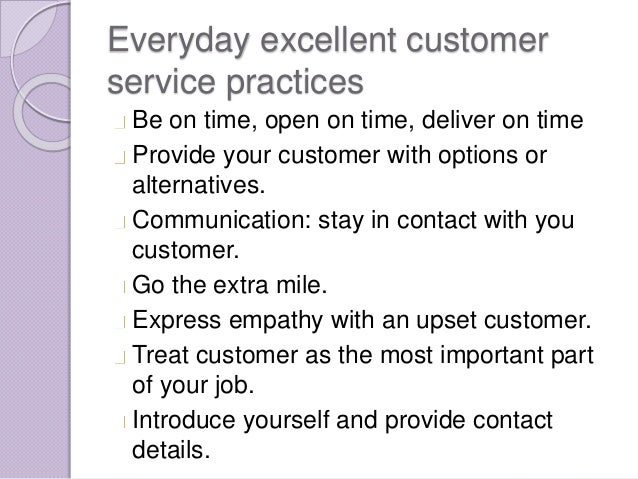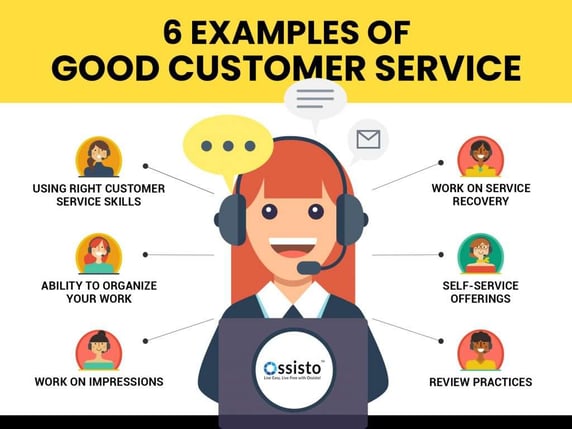How Would You Provide Excellent Customer Service
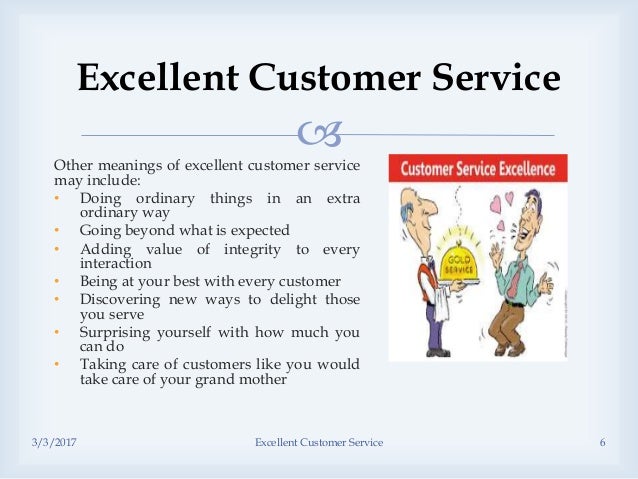
In today's competitive market, excellent customer service is no longer a luxury, but a necessity for businesses striving to thrive. Companies across various sectors are constantly seeking innovative strategies to enhance customer satisfaction and build lasting relationships. What are the core elements that contribute to superior customer service, and how can businesses effectively implement them?
This article explores the fundamental principles of delivering excellent customer service, examining the key components and actionable strategies businesses can adopt. By understanding and implementing these best practices, companies can significantly improve customer loyalty, brand reputation, and overall profitability. The ultimate goal is to understand how to create a service experience that consistently exceeds customer expectations.
Understanding Customer Needs
The foundation of excellent customer service lies in a deep understanding of customer needs and expectations. This requires proactive listening, effective communication, and a genuine desire to help. Businesses must actively solicit feedback from customers through surveys, focus groups, and social media monitoring to identify areas for improvement.
Data analysis also plays a crucial role in understanding customer behavior and preferences. By analyzing purchase history, website activity, and customer interactions, businesses can gain valuable insights into what customers want and need.
Empowering Employees
Frontline employees are often the first point of contact for customers, making their role critical in delivering excellent service. Empowering employees with the authority to resolve issues independently can significantly improve customer satisfaction. This involves providing them with the necessary training, resources, and decision-making autonomy.
According to a study by Harvard Business Review, companies that empower their employees experience higher levels of customer satisfaction and employee engagement. When employees feel valued and trusted, they are more likely to go the extra mile for customers.
Personalization and Proactivity
Customers appreciate personalized experiences that cater to their individual needs. Using customer data to tailor interactions and anticipate their needs can create a sense of value and loyalty. For example, sending personalized emails with product recommendations based on past purchases or proactively offering assistance based on website browsing history.
Proactive customer service involves anticipating potential problems and addressing them before customers even realize they exist. This can include sending reminders about upcoming appointments, providing updates on order statuses, or offering solutions to common issues.
Effective Communication Channels
Providing multiple communication channels is essential to cater to diverse customer preferences. This includes phone support, email, live chat, and social media. Each channel should be staffed with knowledgeable and responsive representatives who are equipped to handle a wide range of inquiries.
According to a report by Forrester Research, customers expect businesses to offer seamless omnichannel experiences. This means that they should be able to switch between different communication channels without having to repeat information or start over.
Resolving Issues Efficiently
When issues arise, resolving them quickly and efficiently is crucial. Customers appreciate businesses that take ownership of problems and work diligently to find solutions. This involves active listening, empathy, and a willingness to go above and beyond to make things right.
The speed of issue resolution is a major factor in customer satisfaction. Companies should strive to resolve issues on the first contact whenever possible. If a resolution requires further investigation, customers should be kept informed of the progress.
Building a Customer-Centric Culture
Excellent customer service is not just a department or a set of procedures; it's a culture that permeates the entire organization. This requires leadership to champion customer-centric values and empower employees to prioritize customer needs in all their decisions.
Regular training and development programs can help employees understand the importance of customer service and equip them with the skills they need to deliver exceptional experiences. A customer-centric culture also involves celebrating successes and recognizing employees who go above and beyond for customers.
In conclusion, providing excellent customer service requires a multifaceted approach that encompasses understanding customer needs, empowering employees, personalizing interactions, providing effective communication channels, resolving issues efficiently, and building a customer-centric culture. By focusing on these key elements, businesses can create a competitive advantage and foster lasting customer loyalty. Ultimately, investing in customer service is an investment in the long-term success of the company.
